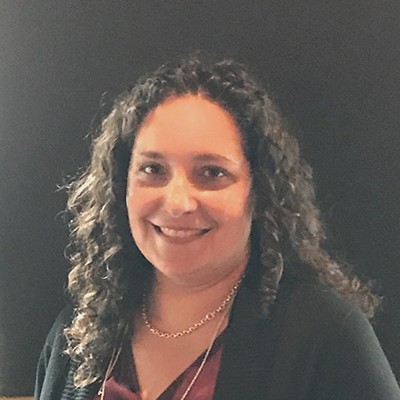The Truth About MBA Scholarships

Financing an MBA is not easy. Tuition alone for some of the most expensive full-time MBA programs top US$80,000 per year. Most MBA hopefuls simply don’t have the cash to fund their studies on their own, which means graduate student loans are in the cards for most MBA students. However, free money for your MBA is available through the much sought after, yet somewhat elusive, MBA scholarship.
Elusive, yes, but significant funding is available! In fact, last year, Personal MBA Coach clients received over US$6M in scholarships.
While some top schools use scholarships to attract top candidates during weaker application cycles, scholarship money is available every application year. Many schools offered our clients generous packages past season, despite it being one of the most competitive in recent history.
Before we share our tips for maximizing your scholarship chances, let’s review the basics.
The two kinds of MBA scholarships
MBA scholarships and fellowships fall into two major categories:
1. Merit-based money offered as a result of the MBA application
Schools award the vast majority of scholarships based on your original MBA application. These awards do not require you to submit any additional application materials. Instead, schools offer this money to candidates they are trying to attract—often enticing them away from other schools.
This money can come directly from the school itself, having nothing to do with the applicant’s specific demographic or professional background. Or the scholarship may be in collaboration with another organization. While this organization may suggest guidelines for consideration, it is up to the business schools to decide which candidates actually receive the award.
For example, one of our partners, the Forté Foundation, asks that admissions directors consider these qualifications when selecting Forté Fellowship recipients:
- Exhibit exemplary leadership in one or more of the following: academic leadership, team leadership, community leadership, and creative leadership
- Represent a diversity of educational and work backgrounds, career goals, ethnicities, citizenship/nationality, sexual orientation, and gender identities/expression
- Demonstrate a commitment to Forté’s mission of launching women into fulfilling, significant careers through access to business education, opportunities, and a community of successful women
2. Scholarships that students apply for directly
These scholarships generally target specific candidates based on industry, ethnicity, gender, etc. A separate application is required for each of these scholarships, and specific criteria apply.
Examples include:
- The Consortium: The Consortium awards merit-based, full-tuition fellowships to top MBA candidates who have a proven record of promoting inclusion in school, in their jobs or in their personal lives. (Note: You also can apply to participating schools through this scholarship application.)
- The Paul & Daisy Soros Fellowships for New Americans: The Paul & Daisy Soros Fellowships for New Americans is a US$90,000 merit-based fellowship exclusively for immigrants and children of immigrants who are pursuing graduate school in the United States. The program draws nearly 1,800 applications annually for just 30 fellowships.
Strategies for earning MBA scholarship money
Now that we know the basics about MBA scholarships, what can you do to maximize your chances of earning one of these coveted scholarships? Here’s my three big suggestions:
1. Develop standout applications
The good news for candidates hoping to receive a scholarship is that the same advice for developing stand-out applications applies to earning scholarships, too.
Business schools look for well-rounded classes. For candidates hoping to secure extra scholarship money, it is even more crucial that your application tells a solid story about how you will add unique value on campus.
✔ Free guide: Expert guidance on how to position your personal brand in your applications
At the end of the day, the school wants to pay you to be one of the best students on campus. This can be because of your outstanding academic qualifications or because you will contribute on campus in a unique way.
2. Submit your applications as early as possible
There is a limited amount of money to go around, so the earlier you submit your applications, the better. Admissions directors seek to fill their classes with well-rounded students. Therefore, they are more likely to use scholarships to lock-in the class earlier rather than later.
This does not mean that only round 1 applicants will receive scholarships, but if you can put your best foot forward early in the process, do not wait. By round 3, there is likely to be less money left.
That said, scholarships sometimes do open up even late in the year!
3. Put in extra effort throughout the MBA application process
While this may seem obvious, with a busy full-time job, it can be easy to push your studying and application essays to the back burner. Similarly, I see candidates who are reluctant to dedicate time outside of the office to beef up their extracurricular profiles.
I also often see candidates who have a decent GMAT score but did not take all potential steps to maximize it. For example, if you took the test just once or did little preparation, it is unlikely that you have reached your full potential. Consider retaking the test or hiring a tutor. The investment could more than pay for itself in scholarship money.
It also goes without saying that rushed applications started at the last minute are rarely the strongest. In fact, Personal MBA Coach clients are already starting work now on their resumes, letters of recommendations, goal statement and application essays for the next admissions cycle. So do not wait to get started.
While I advise that candidates strengthen their profiles and put in their best effort, this is even more crucial if you are looking for a scholarship. Scholarship recipients most often excel in multiple areas.

